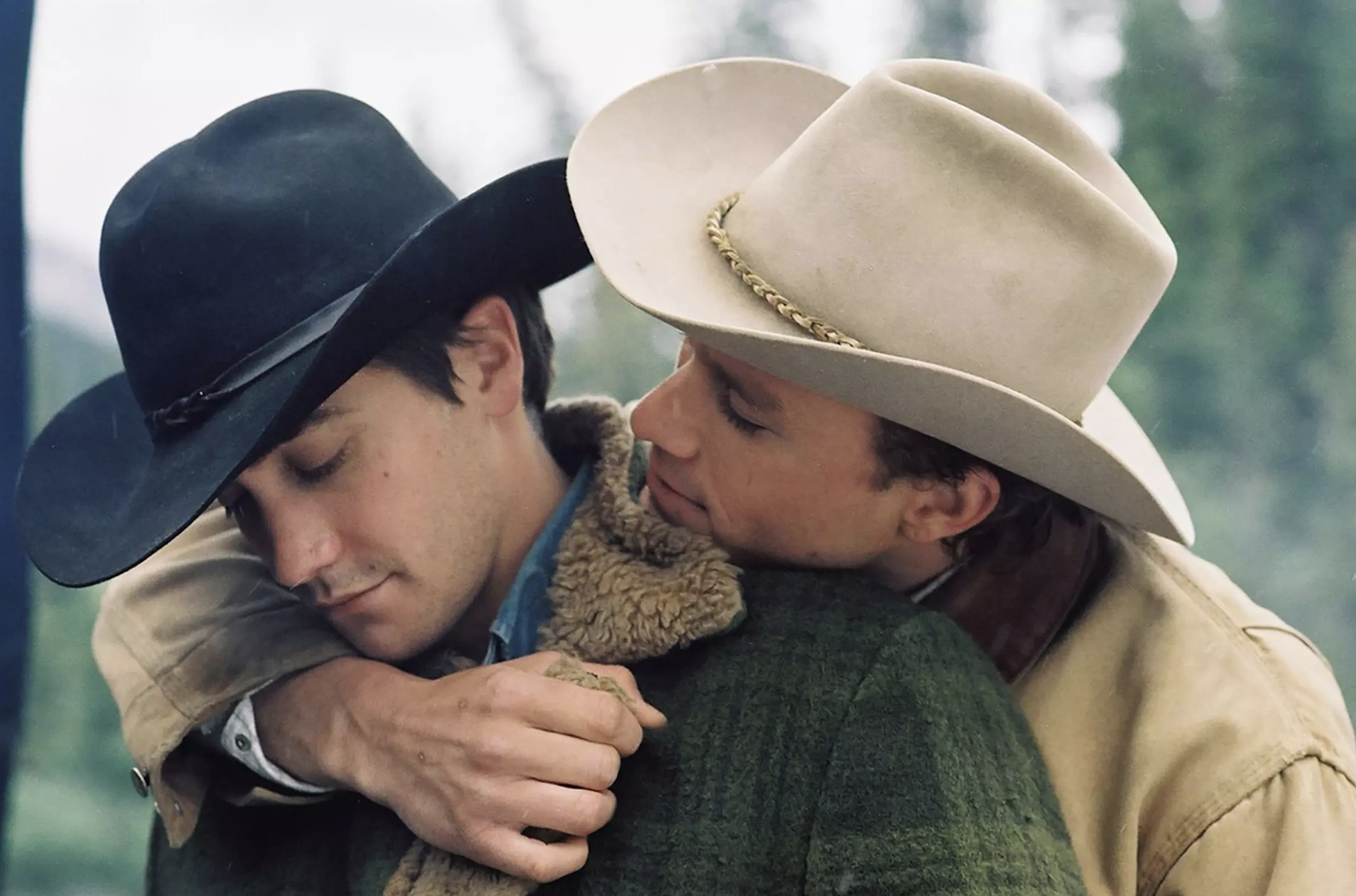
"So spare, so austere, so unsentimental - yet you could feel everything that was roiling just below its surface. The steely restraint hard-wired into every sentence was struggling to hold back a wall of emotion - feelings so pure and implacable that they terrified the story's characters, Ennis especially. Which, duh, is why the story worked so perfectly, why reading it felt like slipping a callussed hand into a worn glove"
"I thought about the series Fellow Travelers, which was just as much about homophobia and shame and the threat of exposure as Brokeback is. But that show was a hell of a lot more honest about gay sex, and wasn't afraid to make its sex scenes sexy. More importantly, it used the sex to show how the dynamics of the relationship between its two leads were constantly shifting, over the years."
The Brokeback Mountain prose is spare, austere and unsentimental while conveying intense emotion beneath a restrained surface. The narrative restraint mirrors Ennis's internalized, performative masculinity and his terror at those feelings. Representation is not about permission for creators but about getting portrayals right. Fellow Travelers offered a more explicit, honest depiction of gay sex and used sexual scenes to reveal shifting dynamics between its leads across years. Temporal and production differences affect approaches, and television examples showed greater willingness to depict sex as a means of exploring relationship complexity.
Read at Kqed
Unable to calculate read time
Collection
[
|
...
]